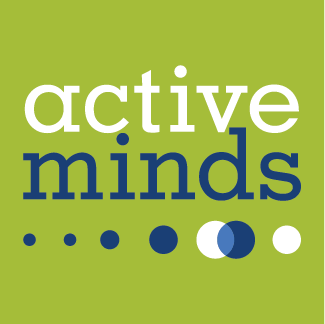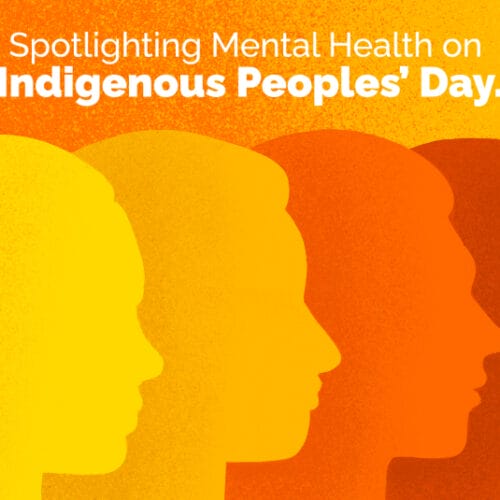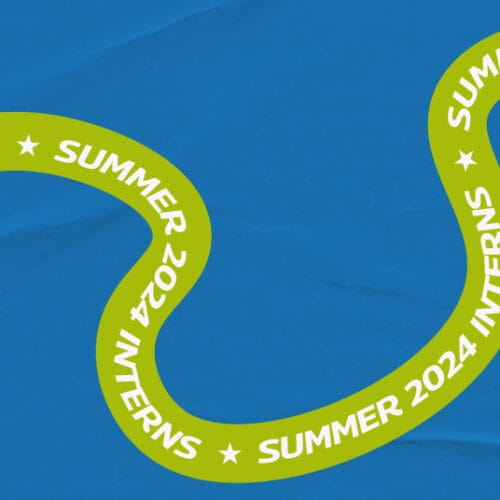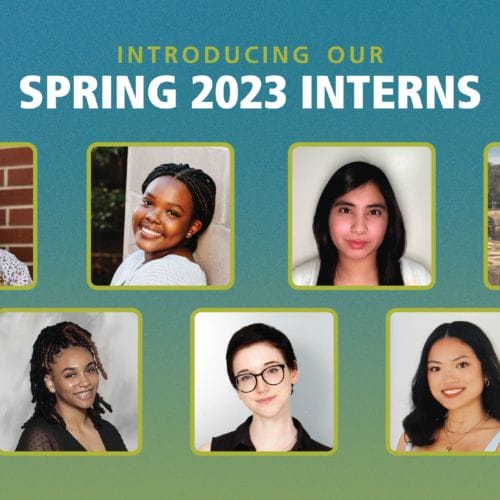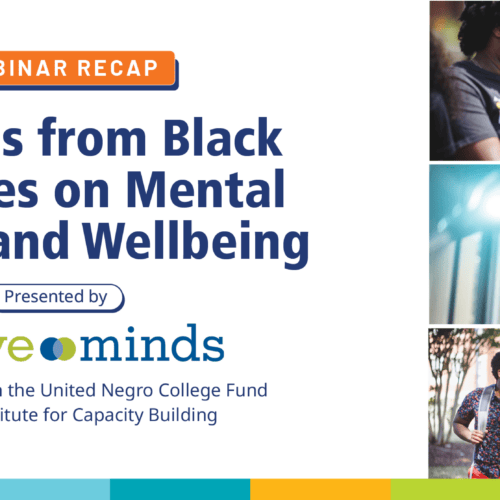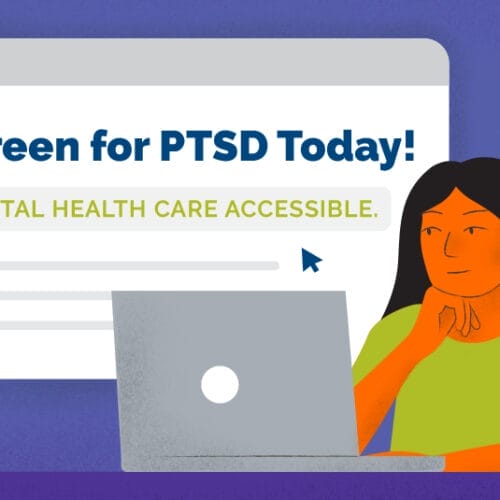When I was younger, I believed mental health was exclusive. Only those with severe, visible problems have mental health needs. Only later did I learn that everyone has mental health, and unfortunately, many of us will have to navigate the negative side of it. It is only human, right? When my Mvskoke mother was a teenager, she had undiagnosed ADHD, which after having four kids, led to depression. Her experience, while upsetting, is sadly not unique, and can serve as an example of how Indigenous people on reservations struggle with their mental health due to a lack of resources, minimal education on mental illness, and interpersonal stigma.
To begin, many Indigenous parents, teachers, and everyday workers are heavily uneducated on the effects mental health has on teenagers. Not only when my mother was younger, but now too. On reservations, mental health resources and services are not well-funded or easily available. There is a mindset that everything will always be the same and that we shouldn’t worry about things such as mental health validation. Without the needed resources, my mom struggled to make friends and keep her temper in check. Instead of people understanding she needed help, they thought she was only being a moody teenager. A missing education on mental health is what led to my mom getting diagnosed with ADHD decades at 38, decades after she knew she was not okay. It’s a failure of the U.S government to not fund mental health programs for Native tribes and lands which leads so many Indigenous teens into struggling in silence.
Change must happen. One way would be through school systems educating teachers and faculty about the effects of mental health among students living on reservations. In my experience, teachers in schools on tribal lands are unaware and at times apathetic to how their students may be feeling. They do not allow a struggling student time to catch up and try-on assignments after going through a harsh period of depression, despite more and more educators and mental health experts calling for flexibility and compassion in the classroom, especially since the beginning of the pandemic. The school system also needs to change the level of inflexibility they have on required lessons. If you have been in college, you would have noticed teachers are more nonchalant than a high school could ever be. High schools have unnecessary standards that can break students. They hurt themselves mentally and sometimes physically because they feel they cannot live up to a school system’s standards which have influenced parents’ standards as well.
Unfortunately, even if mental health is discussed in schools, some students may not feel safe to talk about what they are feeling without the fear of being sent away somewhere away from their family and friends. If schools were to have an after-school space for students to talk about how they are feeling to other people, such as trained counselors without any cost, I feel it would be a great way to support students mentally. My mom could not talk about how she was feeling because of her fear of shame for not having a perfect image. Students could go to these meetings that would stay confidential. It would be a safe space for students when they feel they have nowhere to go. Also, it could teach students how they could eventually approach their parents about their feelings and the importance of taking care of themselves. Students and teachers could also learn tools like V-A-R®, or Validate-Appreciate-Refer, Active Minds’ everyday tool for navigating conversations about mental health. Building a community of support amongst peers and staff would drastically change the way students view mental health.
With these improvements in mental health education at schools on reservations, students could feel safe with their feelings. Indigenous teens should not have to feel invalidated anytime they share a bit about the way their minds may work. Not only teachers but parents should also be educated on how their future generations’ minds may work, especially with the recent effects of the Coronavirus pandemic. Not all students can finish piles and piles of work in a week while working a job, and not all can catch up on months of work after going through a period of severe depression. Indigenous schools need to remember how human we all are, and how everything can affect our mental health. It is a pretty important lesson to remember how your mental health works and how everyone else’s mental health works as well.


